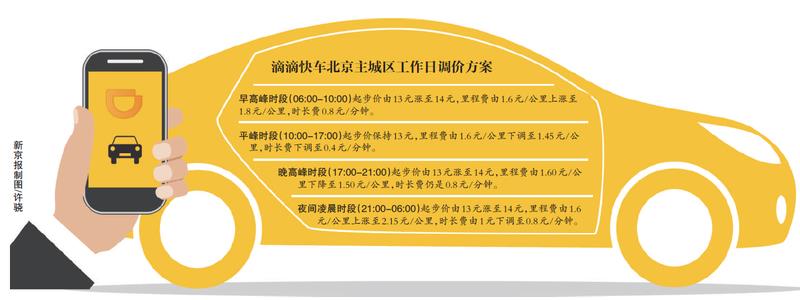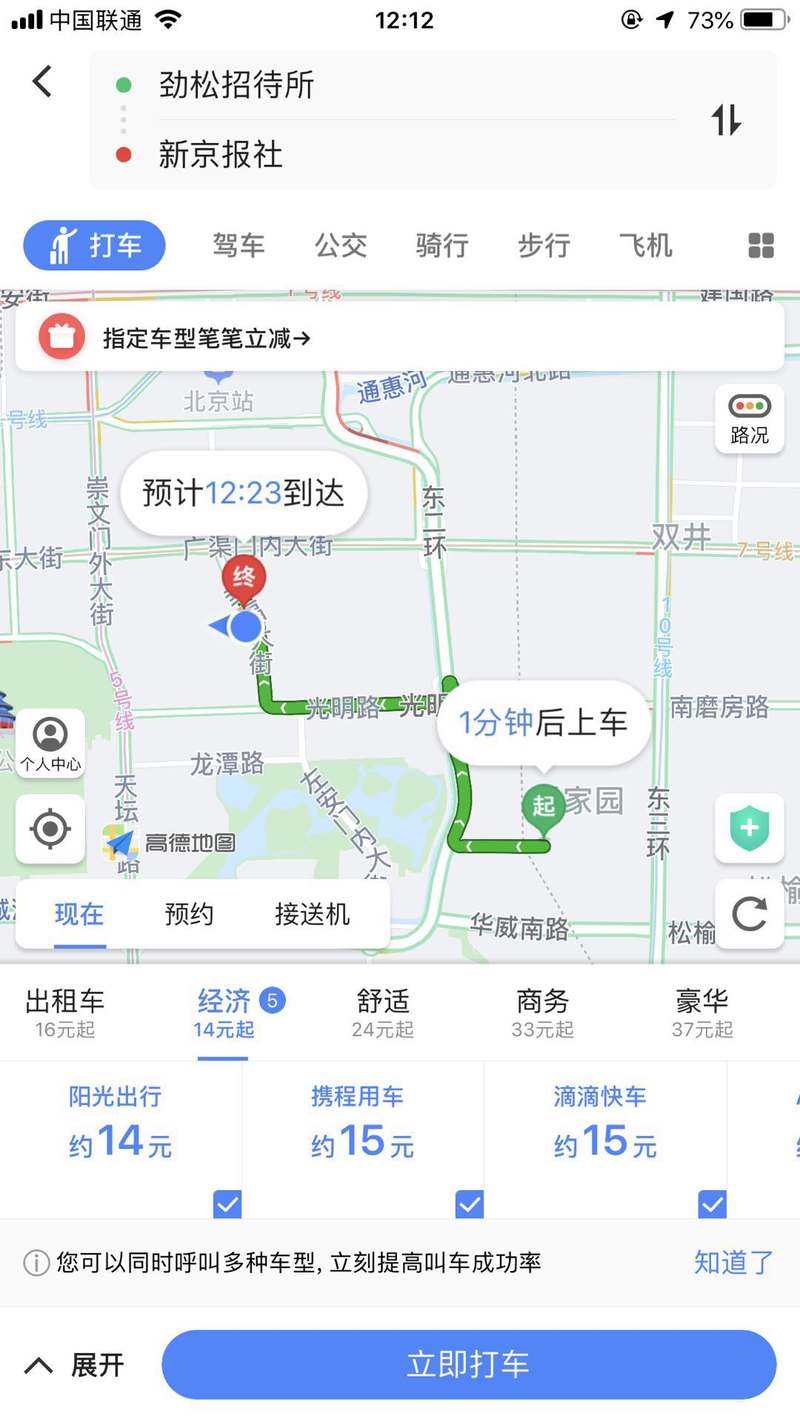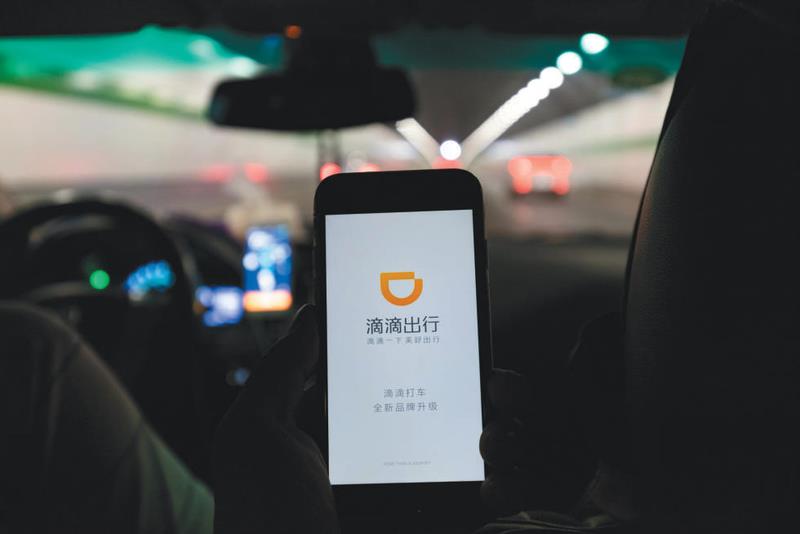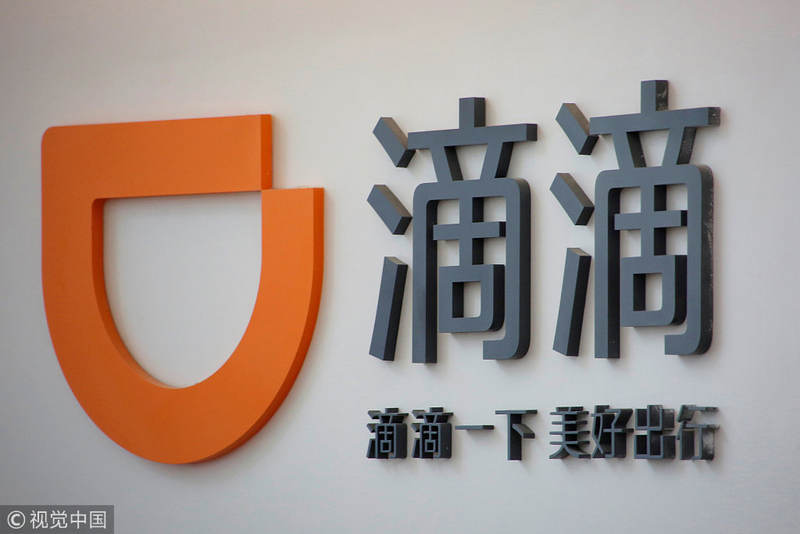
On July 11, the price of Beijing Didi Network increased during the peak hours. According to the previous price adjustment instructions issued by Didi, new pricing rules will be implemented, and the starting price and mileage fee will be adjusted during the peak hours in Beijing on weekdays. After the price adjustment, it will be more expensive to take a taxi in the morning and evening rush hours, but it will be cheaper during the peak hours.
Didi said that with the increase of citizens’ travel demand and the in-depth development of safety and compliance work, the shortage of supply and demand in Beijing has become increasingly prominent, and it is difficult to travel during peak hours and the difference between supply and demand in districts and counties is prominent. In order to balance the relationship between supply and demand, the price of online car in Beijing is adjusted accordingly.
Beijing takes the lead in adjusting prices, which will increase during peak hours.
According to the price adjustment plan, Didi divides Beijing into five regions. The first region is Dongcheng District, Xicheng District, Haidian District, Chaoyang District, Fengtai District, Shijingshan District, Changping District and Mentougou District. The second area is Shunyi, Tongzhou, Daxing and Fangshan District; The third area is Miyun and Huairou District; The fourth area is Yanqing District; The fifth area is Pinggu District.
What is the basis for the division of the five major regions? Didi introduced that this time, in view of the difference in travel demand, travel distance, traffic situation and driver distribution in different regions of Beijing, which led to obvious differences between supply and demand in some regions, the method of price adjustment by region was adopted.
This price adjustment involves service models such as express train, premium car and special car, including the adjustment of working days and rest days. Taking the main urban area of Beijing in the first region as an example, during the working day, the starting price and mileage fee of Didi Express increased during the morning rush hour (06:00-10:00), while the duration fee remained unchanged. The starting price rose from 13 yuan to 14 yuan, the mileage fee rose from 1.6 yuan/km to 1.8 yuan/km, and the duration fee was still 0.8 yuan/min.
According to insiders of Didi, after the price adjustment, the charging standard for online car orders is based on the starting area standard. The person also explained that the price of online car is mainly affected by factors such as urban supply and demand, local consumption level, income level and energy price, among which the most important factor is urban supply and demand, and the change of supply and demand relationship fundamentally determines the price fluctuation. The situation of each city is different, and the price level and price adjustment will change according to the specific situation of the city.
The morning rush hour is 3.5 kilometers more expensive than before the price adjustment-4 yuan
For the price adjustment of Didi, Ms. Xia, the user, said, "After the price adjustment, the travel cost from home to work will increase by 2-3 yuan, which will definitely increase the travel cost, but if you really want to use the car, you won’t stop playing because it costs a few dollars."
"Now the main travel platforms are all laid out in the special car market. There are few players in the express trains commonly used by ordinary users. I hope that more travel platforms will enter the express car market, and I hope that the costs of express trains and taxis will be relatively balanced." User Mr. Cheng hopes that the travel cost will not increase too much.
Didi drivers have their own opinions. On July 11th, Li Shifu, the driver of Didi Express, said, "According to the commission rules of Didi and the driver, if the fare is raised, it will be shared with the platform and the driver. The driver’s income will definitely increase. "
"The fluctuation of oil prices and the rising temperature also affect the cost of driving. If there is no price adjustment, the cost will be on the driver’s side, and the income will be less. The price adjustment can reduce the cost and dare to turn on the air conditioner in summer." Master Wang, the express driver, believes that adjusting the price is conducive to mobilizing the driver’s enthusiasm.
The Beijing News reporter compared the estimated price of the system during the Pingfeng period of Didi Platform. Before the price adjustment, the estimated price of the express train from Xinqiwang Office Building (happy avenue) to Beijing West Railway Station was 38.64 yuan, the estimated price of the premium was 44.82 yuan, and the gift orange car was used.
The estimated price of comfort is 58.34 yuan. After the price adjustment, the estimated price of the trip system is 36.7 yuan, the estimated price of preferential enjoyment is 43.1 yuan, and the estimated price of the comfort system of the gift orange car after 15 yuan discount is 45.2 yuan.
Before the price adjustment, the estimated price of the express train from Xinqiwang office building (happy avenue) to Taikooli system in Sanlitun was 28.26 yuan, the estimated price of the premium train was 32.88 yuan, and the estimated price of the comfort of the gift orange car was 45.36 yuan. After the price adjustment, the estimated price of the trip system was 27.1 yuan, the estimated price of the premium train was 31.9 yuan, and the estimated price of the comfort of the gift orange car was 46.2 yuan.

During the peak hours on July 11th, the Beijing News reporter took a taxi from Panjiayuan Jinsong Guest House to Xinqiwang Office Building (happy avenue), which was about 3.5 kilometers. Before the trip, the Didi system is estimated to be 16.1 yuan, and the estimated prices of various travel platforms in Gaode Map are: taxi 16 yuan, sunshine travel about 14 yuan, Didi Express about 14 yuan, Ctrip travel about 16 yuan, AA travel about 18 yuan, Cao Cao’s new energy discount about 5 yuan about 20 yuan, Shenzhou special car discount about 6 yuan about 22 yuan, Cao Cao’s special car discount about 25 yuan after 6 yuan, first car discount about 3 yuan after 26 yuan, and gift orange special car about 40 yuan. After the trip, Didi Express actually paid 14.45 yuan; Compared with the trip 13-14 yuan before the price adjustment, the cost is basically the same.
During the morning rush hour on July 11th, the estimated price of the express train was 17.96 yuan, the estimated price of the preferential treatment was 20.74 yuan, and the estimated price of the comfort of the gift orange car was 33.32 yuan. The morning rush hour is 3-4 yuan higher than before the price adjustment.
Why does Didi adjust the price?
The imbalance between supply and demand is serious, reducing the pressure on car use during peak hours.
On July 10th, the second issue of Didi’s "Q&A" focused on the price issues that drivers and passengers are generally concerned about. Guo Fei, technical director of the car supply and demand strategy department of Didi.com, answered the factors that determine the price change of the car online, and solicited opinions and suggestions from the public.
Some passengers questioned that the price of taxis often changes, and why should Didi be adjusted? When the price rises during the peak period, is Didi robbing in the fire? The driver of the network car said that the oil price is always rising, and the air conditioner is still turned on in summer. Should the fare increase? After compliance, I changed my car and insurance. What should I do if my cost is high and my income is low?
Guo Fei said that the relationship between supply and demand fundamentally determines the price fluctuation. Only when the travel demand grows rapidly, and the city continues to be in short supply and capacity shortage, the price needs to be raised. However, when the supply and demand are balanced, the random price increase will definitely reduce the taxi demand of passengers and directly affect the income of drivers and platforms, which also determines that Didi will not raise the price at will.

In terms of Didi, since April 2017, the price of Didi’s car in Beijing has remained relatively stable for more than two years, but the demand has grown rapidly, with the call volume increasing by 44% throughout the day and 49% during peak hours. The platform tries its best to balance the relationship between supply and demand through various subsidies and incentives, time-sharing pricing, heat map guidance, queuing and carpooling priority, but the imbalance between supply and demand is still serious.
Didi said that at present, the overall success rate of passengers calling cars is low. Passengers will find it more and more difficult to call a taxi. At present, 1/5 of the demand for calling cars on the morning peak of Didi Express does not have enough capacity to undertake. In order to balance supply and demand, the corresponding price adjustment is made to encourage drivers to travel to meet passengers’ travel needs, and at the same time, to encourage passengers to travel at wrong peaks and reduce the pressure on car use during peak hours.
Will other network cars follow up the price adjustment?
Other network cars said that there is no plan.
The online car industry is still unable to get rid of the dilemma of "losing money and earning money", including foreign online car players Uber and Lyft, who are still on the road of loss. Uber’s operating loss in 2018 reached $3 billion, and it warned that "it may not be profitable in the future".

The domestic network car giant Didi is also losing money. In February 2019, a financial data circulated inside Didi Travel showed that the company lost 10.9 billion yuan in 2018. In September 2018, an internal letter published by Cheng Wei, founder and CEO of Didi Chuxing, mentioned that Didi has not achieved profitability in the past six years, and the overall net loss in the first half of 2018 exceeded 4 billion yuan. At that time, the Beijing News reporter learned from other sources that Didi Entrepreneurship had a total loss of about 39 billion yuan in the past six years.
Didi price adjustment, do other players in the industry follow up? The first car about the car said that there is no plan. There is no response from the Shenzhou special car. Cao Cao said that at present, every city is adhering to the "dynamic discount mechanism". According to the current car demand and car ratio of the city, the system automatically calculates the discount ratio, reduces the price on the basic price, and reduces the travel cost of users.
■ point of view
"I hope more online car platforms will enter the market"
"Didi’s car price adjustment is a market behavior and does not belong to government pricing behavior. Price adjustment will alleviate the imbalance between supply and demand to a certain extent, but there is no necessary logical connection. Before the price adjustment of Didi as a big platform, consumers should be consulted. " Liu Junhai, director of the Institute of Commercial Law of Renmin University of China, said.
Li Yongjian, director of the Internet Economy Research Office of the Institute of Finance and Economics of China Academy of Social Sciences, believes that the total number of online car rentals is fixed for a certain period of time due to government control. To make the supply slightly greater than the demand, we can only reduce the demand through the price mechanism. By dynamically adjusting the price, some passengers who have less urgent travel needs or think that the price exceeds expectations will choose not to travel for the time being or to re-elect other ways, and the rest are those who are willing to accept the price increase. In this way, the needs of people in urgent need can be basically met.
"Enterprise price adjustment is partly to increase revenue. If the platform unilaterally adjusts the price, the industry may follow suit. However, if users rebound strongly, there may be regulatory intervention in the end, hoping that more online car platforms will enter the market. Competition is the source of market economy vitality. " Liu Junhai believes that we should build a consumer-friendly online car-sharing platform and optimize the online car-sharing market with honesty, credit, fairness and justice, win-win sharing and inclusiveness.
Beijing News reporter Chen Weicheng Editor Xu Chaoproofread Xue Jingning